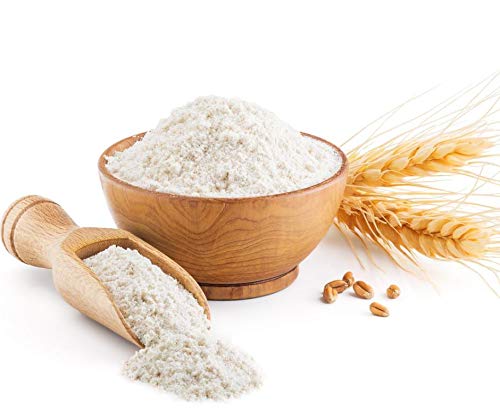White flour is a staple ingredient in many households, used to make various baked goods such as bread, pastries, and cakes. However, there has been much controversy surrounding the health effects of consuming white flour, with some claiming that it is detrimental to our well-being. In recent years, organic white flour has gained popularity as a healthier alternative.
What is Organic White Flour?
Organic white flour is made from wheat grains that have been grown without the use of synthetic pesticides, herbicides, or genetically modified organisms (GMOs). The wheat is grown using natural farming practices that promote soil health and biodiversity. If you want to buy organic wheat flour then you may visit https://wareaglemill.com/product-category/organic-flours/.

Image Source: Google
Rich in Nutrients
Unlike refined white flour, organic white flour retains the bran and germ, which are packed with essential nutrients. The bran contains dietary fiber, B vitamins, and minerals such as magnesium, zinc, and iron. The germ is rich in vitamin E, antioxidants, and healthy fats.
Contains Dietary Fiber
Dietary fiber is an essential component of a healthy diet. It aids in digestion, helps regulate blood sugar levels, and promotes overall gut health. Organic white flour contains higher levels of dietary fiber compared to refined white flour.
Lower Glycemic Index
The glycemic index (GI) is a measure of how quickly a carbohydrate-containing food raises blood sugar levels. Foods with a high GI can cause a rapid spike in blood sugar, which can be detrimental to health, especially for individuals with diabetes or insulin resistance.
Source of Complex Carbohydrates
Organic white flour is a source of complex carbohydrates, which are the body's preferred source of energy. Unlike simple carbohydrates found in sugary foods, complex carbohydrates break down slowly in the body, providing a steady release of energy over time.